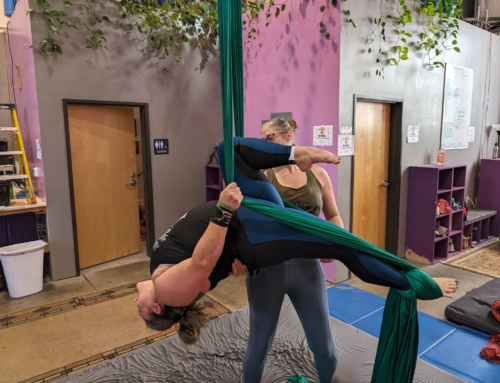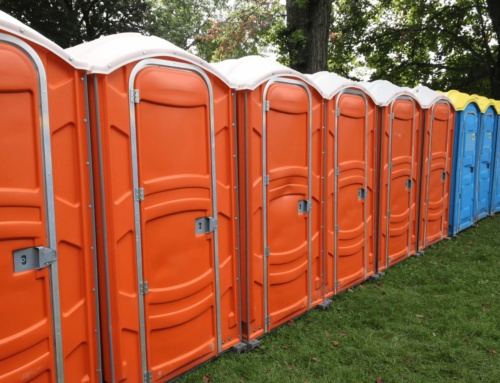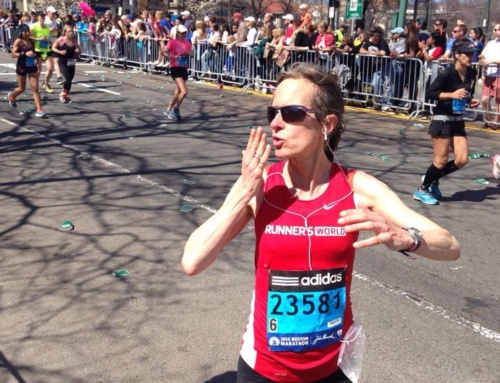
Me, a glass of wine, the month of January.
Abstaining from alcohol is the new black. For the past few years it has become the thing to do come January, right along with dieting and exercising. Those resolutions are no doubt still popular, but it’s dry January that I hear the most about these days.
From what I can tell, dry January can trace its roots to the United Kingdom about a decade ago. In our increasingly shrinking world, the trend hopped across the pond a couple of years ago and now it’s all the rage.
I’m not much of a resolution maker, but for a little while, I toyed with the whole dry January thing. It seemed like a healthy aspiration; reset the body and start the new year squeaky clean and sober. I can get on board with that, and so I did, for all of one week.
Then came the first weekend, a cold night, a warm fire, and the desire to complement it with a lovely red. So I poured myself that glass and enjoyed. I felt no guilt after it, either, for only making it seven days without alcohol.
Here’s the thing: I am a very healthy person, with very solid habits in place already. I exercise six days each week, eat a well rounded, nutritious diet, and get plenty of sleep. I check all the boxes and have outstanding stats to show for it. My doctor loves my blood pressure, and compliments me every year at my annual physical.
When it comes to alcohol, I probably average one or two glasses of wine per week. I like a glass with Saturday night dinner, at book club with the neighbors, or while capping off the weekend with a movie on Sunday evening. That’s it.
So when I started thinking about it, it seemed incredibly silly to deprive myself of this simple pleasure. In fact, many physicians even recommend the occasional glass of red wine for the resveratrol it contains, a heart-healthy antioxidant.
Sure, there are people for whom a bit of drying out is a very good thing, and many Americans just want to “clear out the toxins” at the start of a new year. There is no doubt some health benefit can come from avoiding alcohol for 31 days.
Alcohol is empty calories, in some cases, red wine not included. It can lower your inhibitions around food—I know this because I remember the mad cases of munchies I would get in college following a night of over imbibing. This can lead to unwanted pounds, which again, I know from personal, collegiate experience.
Other downsides to alcohol can include dehydration, interrupted sleep, and according to the National Institute on Alcohol Abuse and Alcoholism, sometimes involves a rise in depression and anxiety. This is all without even touching on alcohol’s addictive characteristics, which for some, become problematic all too easily.
Other solid reasons exist, too: Listen to an AMR podcast on why this mother runner is happy she chose Dry January.
In my case, these issues don’t apply, so why restrict something that brings me pleasure and enhances my experiences? Not only that, but as a parent, I believe showing my kids moderation with alcohol is a good example. Restriction, on the other hand, models the idea that even for adults, there is no middle ground. I don’t want to send that message.
I believe that as a culture, Americans tend to extremes with our diets. There’s plenty of demonizing of food groups and behaviors, which can lead to a whole host of new problems. I go out of my way to avoid that for myself and my kids, and want to apply that to alcohol as well.
With this one extreme or the other culture in which we exist, I would bet that come February 1, most bars see a big uptick in business as the January teetotalers celebrate their dry month by, well, getting drunk. All of which rather shoots the whole point of a month sans alcohol.
Maybe some people find they improve their habits around alcohol by giving it up for a month, and that’s great. Heck, maybe there’s even a population that finds its way permanently sober after a long stint of alcohol abuse. These are wonderful outcomes, if so.
But for me, the likely less-than-average imbiber, I can’t see any benefit to dry January. I enjoyed the occasional glass in January and plan to keep it going all year ‘round.






Love this. Nope. No dry January. No guilt here either. :)
No dry January for me either. Like you, I have maybe 3 glasses of wine a week, and look forward to every one of them!
Not dry here either. I’ll continue my 2 craft beers per week habit LOL. Heck, one of those comes after a run with friends every week. It’s all about balance and moderation. (Pretty much my stand on most “indulgences”.)
I feel the same. Have most of Amanda’s good habits (definitely need more sleep and likely could eat better), but still considered participating in dry January and skipping my normal 2-3 glasses per week. I might feel better if I did, but I also might deprive myself of one of life’s pleasures – that doesn’t have much downside for me, personally.
Nope, for exactly the same reasons. I don’t have any wine during the week either, but if it’s a particularly long dinner or evening, on the weekend, it may be two glasses of red over several hours. And I still drink water in between. If that’s the only “bad” thing I’m doing, call me a rebel. Or a BAMR! #guiltfree
I couldn’t agree more! I too have toyed with the idea of a dry (insert time frame here) and even abstaining for weeks before a big race but really, whats the point? I agree on so many levels – it’s a small “vice” that I don’t abuse and really enjoy, I don’t want to restrict for no good reason and send that message to my kids and I sacrifice plenty for my sport so I’m keeping the wine! Great read Amanda and thanks for sharing the other side.
I still like to abide by the choice words of “everything in moderation, including moderation”. I work hard to take care of myself in both body and mind and I refuse to allow myself the pleasures of wine, beer or a cocktail. I go through periods of no drinking but its usually because I am too darn busy or in a heavy training period to really savor and enjoy a drink. Over the years I’ve learned that I do not do well on any type of restrictive formula be it carbs, sugar or alcohol. I’ll continue with my good habits and do so guilt free as well.
Cheers!!
Yes! This! Great perspective Amanda.
I do not participate in Dry January. I do, however, usually abstain during Lent. I also pass on frou frou coffee drinks and soda during Lent. I use it as a period of time to refocus on my health (my body is a temple, right?). (And in case you are wondering, I also incorporate something positive into each day as well. It isn’t just about “giving up.”) I also do not drink alcohol the night before a long run (defined as anything 6 miles or longer) and a week before a race. I find that as I age, the dehydrating properties of alcohol have gotten more noticeable. So when I drink, it is without guilt, but within my own pre-set rules.
I chose to have a dry January this year, not for my health, but as a challenge in self-discipline.
This gal didn’t participate either. No need. Like you, Amanda, I rarely have more than one-two glasses of wine a week if that much. Sadly, sleep issues often keep me from enjoying a good red wine more than that. Still, there are times when I take a sip and say, “Dang it! Half a glass is worth the 2 AM wakeup call.”
Interestingly I just shared an article about this on my blog. Less dramatic, but likely to have more health benefits would be to have a couple of alcohol free days EVERY week. It’s a good idea to set firm rules for this – eg never drink on (say) Monday, Tuesday or Wednesday. Otherwise you’ll always find loopholes (eg book club, theatre, movies, bad day at work etc) https://www.insidescience.org/news/tipsy-turvy-does-dry-january-do-you-any-good
Cheers!
Amanda captured it perfectly! No dry January or any other month for me! I love my occasional glass of red wine and consider it an important investment in my health…goes along with the miles I run!
Thanks for your post today! I usually rebel against what everyone else is doing. I may try a bit of a drier February….. It is the shortest month! :) I find my wine/beer in the evening is relaxing after a long day with kids at school and an early morning hard run!
I didn’t know there was such a thing as dry January! Mine started pre-holidays and continues still. I miss it but the uninterrupted sleep (finally) as been worth it. I don’t think there is anything wrong with the occasional drink here and there.